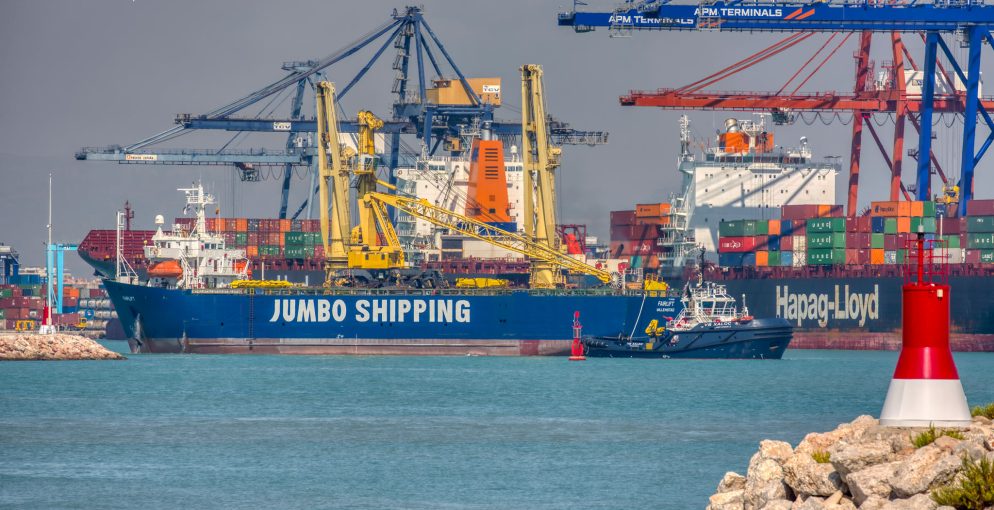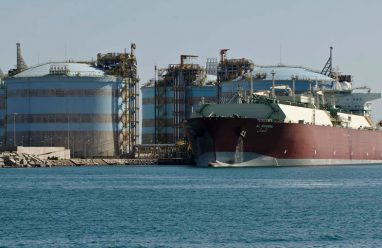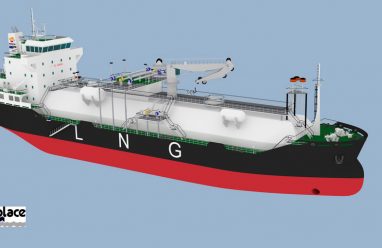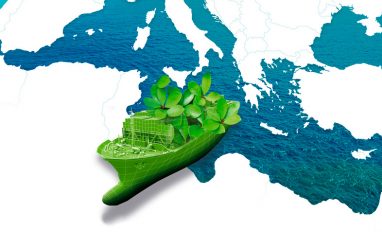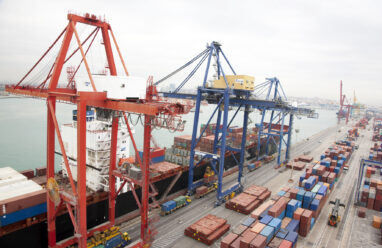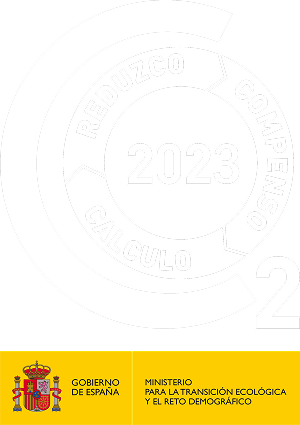The aim of the SEAFAIRER ‘Sustainable Energy and Alternative Fuels from Advanced Intermediate Renewable Energy carrieR technology’ project is to demonstrate the production of improved biofuels from biogenic waste for use in maritime transport.
Three types of waste biomass will be used: rice husks from Valencia, biowaste screening material from Bavaria and agave bagasse from southern Mexico. This biomass will be converted into biochar, crude oil (intermediate biofuel) and syngas through intermediate and post-reforming pyrolysis.
In the case of high quality biochar, it will be certified as a carbon sink and will play a key role in maritime transport climate targets.
For intermediate biofuel, it will branch into two market entry routes:
- To meet the immediate needs of the industrial shipping sector, direct blends (B10 to B30) of biofuel intermediate together with Very Low Sulphur Fuel Oil (VLSFO) will be produced in accordance with ISO 8217:2017 quality standards.
- For medium and long term demands, the biofuel will be upgraded by hydrodeoxygenation (HDO) in order to reach a pure drop-in fuel quality (B50 to B100), on par with marine gasoil, according to the same quality standards.
In the case of Fundación Valenciaport, it will be responsible for the practical demonstration of the use of the B30 blend as fuel in a test vessel in the Port of Valencia, as well as its monitoring; the feasibility study of the chosen bunkering system (operational, commercial, safety aspects, etc.); various training tasks and the establishment of a roadmap that will contribute to the scaling up of the solution.

